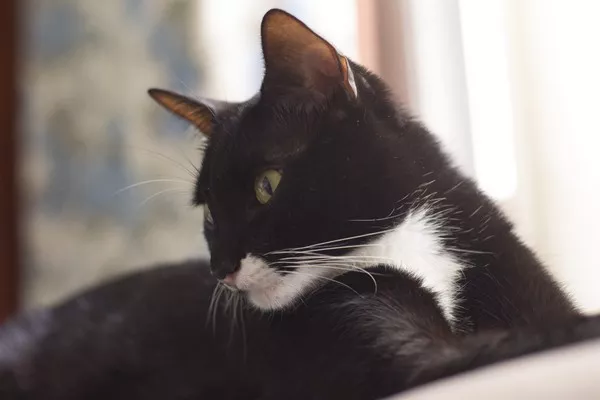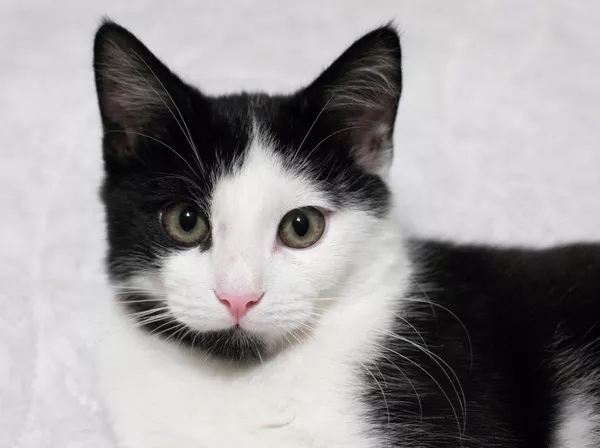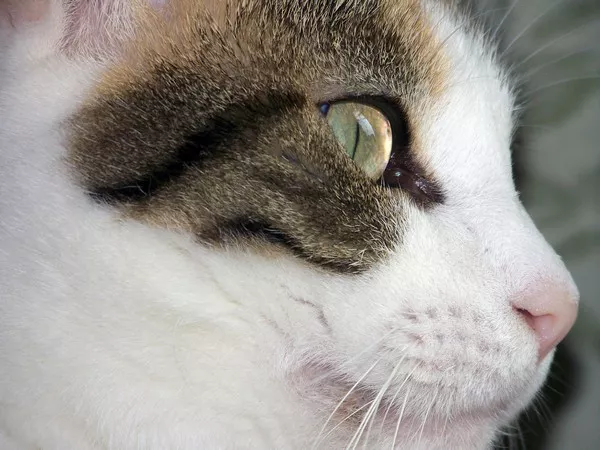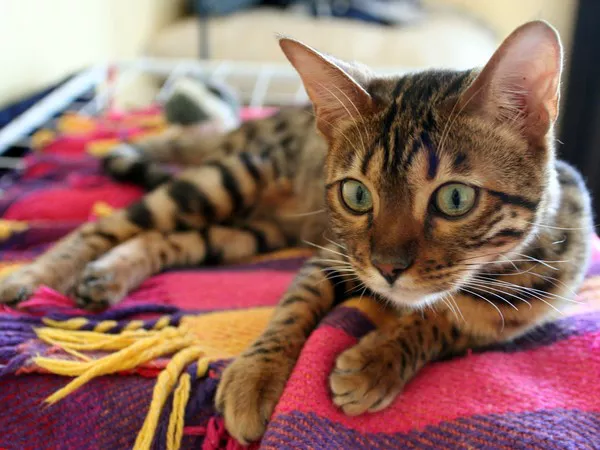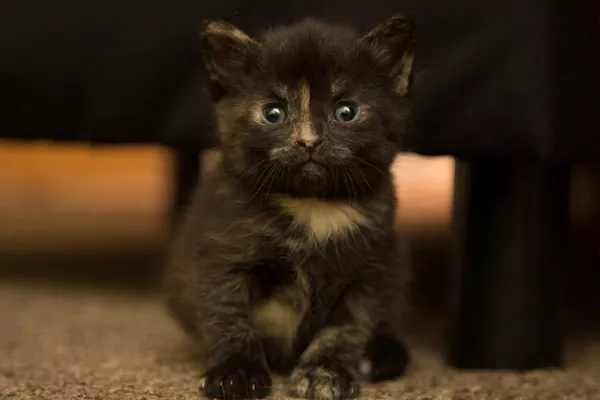Friskies is a popular cat food brand that has been around for over 50 years. It is known for its wide variety of flavors and textures, making it a favorite among many cat owners. However, the question remains: is Friskies a healthy choice for your feline friend? In this article, we will explore the ingredients, nutritional value, and overall quality of Friskies cat food to help you make an informed decision.
Ingredients and Nutritional Value
One of the main concerns about Friskies is the quality of its ingredients. The brand uses a combination of meat, meat by-products, and plant-based ingredients to create its recipes. While meat and meat by-products are good sources of protein, the term “meat by-products” can be vague and may include less desirable parts of the animal.
Friskies wet food recipes typically list meat or meat by-products as the first ingredient, followed by water for processing, various plant-based ingredients like wheat gluten or corn gluten meal, and a variety of vitamins and minerals. The dry food recipes also include meat or meat by-products as the main protein source, along with corn, wheat, and soy-based ingredients.
It’s important to note that while Friskies meets the nutritional standards set by the Association of American Feed Control Officials (AAFCO), the brand’s recipes may not be as species-appropriate as some premium cat food brands. Cats are obligate carnivores, meaning they require certain nutrients found primarily in animal tissues. A diet high in plant-based ingredients may not provide the optimal balance of nutrients for a cat’s health.
Wet vs. Dry Food
When it comes to Friskies, the wet food recipes tend to be of higher quality than the dry food. Wet food generally contains more moisture, which is important for a cat’s overall health, as cats have a low thirst drive and often don’t drink enough water on their own.
Friskies wet food recipes also tend to have a higher protein content and lower carbohydrate content compared to the dry food. This is more in line with a cat’s natural diet, which is primarily composed of protein and fat.
In contrast, Friskies dry food recipes often contain a higher percentage of carbohydrates, which can contribute to weight gain and other health issues in cats. The dry food also contains more plant-based ingredients, which may not be as species-appropriate as animal-based proteins.
Product Variety
One of the strengths of Friskies is its wide variety of products. The brand offers wet food in a range of flavors, textures, and formats, including pâtés, shreds, and chunky styles. This can be helpful for cat owners who have picky eaters or want to provide their cats with a varied diet.
Friskies also offers a selection of dry food recipes, as well as treats and toppers. This variety can make mealtime more exciting for cats and provide owners with options to suit their cat’s preferences and needs.
See Also: What Are The Best Weight Management Foods For Overweight Cats?
Affordability
Another factor that makes Friskies appealing to many cat owners is its affordability. Compared to some premium cat food brands, Friskies is generally less expensive, making it a more accessible option for those on a budget.
While cost is an important consideration, it’s also crucial to prioritize your cat’s health and well-being. While Friskies may be a more affordable choice, it’s essential to weigh the potential health benefits of a higher-quality cat food against the cost.
Potential Health Concerns
While Friskies meets the minimum nutritional requirements for cats, some of its ingredients may raise concerns for some pet owners. For example, the brand uses artificial colors, flavors, and preservatives in some of its recipes. These additives are not necessary for a cat’s health and may even be harmful in large quantities.
Additionally, some Friskies recipes contain carrageenan, a thickening agent that has been linked to inflammation and digestive issues in some studies. While the research is not conclusive, some pet owners prefer to avoid products containing carrageenan.
It’s also important to note that individual cats may have sensitivities or allergies to certain ingredients in Friskies, such as grains or specific proteins. If your cat experiences digestive issues, skin problems, or other health concerns after switching to Friskies, it’s best to consult with your veterinarian and consider a different diet.
Recall History
While Friskies has had a few recalls over the years, the brand’s recall history is relatively clean compared to some other pet food companies. In 2011, Friskies recalled several varieties of its wet cat food due to low levels of thiamine (vitamin B1), which can cause serious health problems in cats if left untreated.
More recently, in 2019, Friskies recalled a limited number of its wet cat food products due to the potential presence of rubber pieces. However, these recalls were limited in scope and did not involve widespread contamination or serious health issues.
Alternatives to Friskies
If you’re concerned about the quality of Friskies or want to explore other options, there are several alternative cat food brands to consider. Some popular choices include:
1. Purina ONE: A premium brand owned by the same parent company as Friskies, Purina ONE offers higher-quality ingredients and recipes tailored to specific life stages and health needs.
2. Hill’s Science Diet: A veterinarian-recommended brand that uses high-quality ingredients and has a strong focus on feline health and wellness.
3. Royal Canin: A brand that offers specialized diets for cats with specific health conditions, such as urinary tract health or weight management.
4. Wellness: A natural pet food brand that uses high-quality, whole-food ingredients and avoids artificial additives and preservatives.
5. Blue Buffalo: A brand that emphasizes natural ingredients and avoids common allergens like corn, wheat, and soy.
When choosing an alternative to Friskies, consider your cat’s individual needs, such as age, activity level, and any health concerns. It’s also essential to transition your cat to a new diet gradually to avoid digestive upset.
Conclusion
In conclusion, while Friskies is an affordable and widely available cat food option, it may not be the healthiest choice for your feline friend. The brand’s recipes often contain a high percentage of plant-based ingredients and may not provide the optimal balance of nutrients for a cat’s health. If you’re concerned about the quality of Friskies or want to explore other options, consider switching to a higher-quality cat food brand that uses high-quality, species-appropriate ingredients. Remember to consult with your veterinarian before making any significant changes to your cat’s diet and to transition slowly to avoid digestive upset. The decision of whether to feed Friskies to your cat depends on your individual circumstances, including your budget, your cat’s health needs, and your personal preferences. By weighing the pros and cons and considering alternative options, you can make an informed decision that prioritizes your cat’s health and well-being.
Related Topics
What Are Healthy Cat Foods For Sensitive Stomachs?





